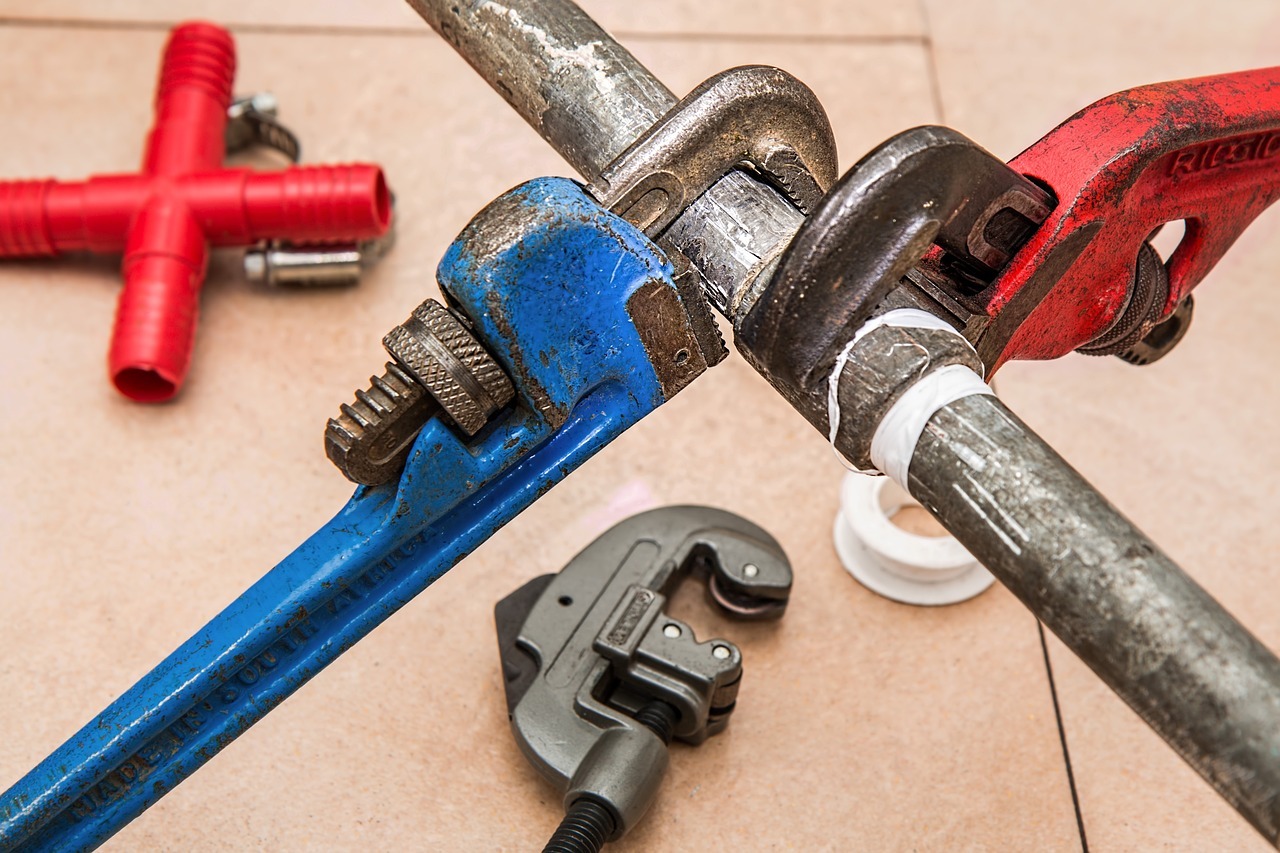Running a farm demands attention to numerous detailed aspects, and the plumbing system is one crucial component. Plumbing is not just about fixtures and fittings; in a farm scenario, it involves key operations like irrigation, livestock water supply, and various sanitation requirements. This blog posts offers extensive insights into the plumbing essentials that help ensure smooth functioning of a farm operation.
The Importance of Plumbing
Plumbing may often be an overlooked aspect in farming activities but it plays an instrumental role in successful agricultural production. Livestock need regular supply of clean water, crops require dependable irrigation lines, and sanitation facilities must function effectively to maintain hygiene. Additionally, well-maintained plumbing can help mitigate risks like water loss, crop damage, and wasted resources. A leaky irrigation line or a blocked drain can often lead to unanticipated headaches and hefty repair costs.
Water Quality Assessment
Farm operations rely heavily on the quality of available water. Regular testing of water sources guarantees that the water used for irrigation and drinking is safe for plants and animals. Issues such as acidity levels, bacterial contamination or presence of harmful minerals need quick identification and rectification.
Irrigation System Maintenance
Having a reliable irrigation system is pivotal for successful farming. Regular maintenance checks for leaks, blockages or inefficiencies are worth every second spent. This can ensure stable productivity levels while also reducing water waste.
Livestock Water Supply
The health and productivity of your livestock largely depends on the availability and quality of their drinking water supplies. Ensuring adequate pressure in pipes, functioning valves, and non-leaky troughs are some aspects that need attention.
Tailoring Systems to Seasons
A vital part of managing plumbing in farms is adapting systems as per seasonal variations. For instance, during freezing weather, insulation measures must be taken to prevent pipes from freezing and bursting. During periods of high rainfall, drainage systems need fortification to tackle the additional inflow.
Avoiding Corrosion
Corrosion is another common challenge faced in farm plumbing systems. This can be due to factors like the water’s acidity or age and type of the pipe material. Rusting pipes can lead to leaks, reduced flow rates and contaminated water supplies.
Correct Pipe Sizing
Utilizing pipes with a correct diameter for desired operations supports efficient usage of resources. Too small pipes can lead to inadequate water pressure while oversized ones can result in unnecessary expense and potential drainage issues.
Regular Drain Cleaning
To keep drainage plumbing in excellent shape, regular cleaning is a must. This helps prevent build-up that could lead to flooding or burst pipes – neither of which are scenarios any farm operator wants to handle!
Sanitation Solutions
Farms are homes not only to crops and livestock, but also workers who need adequate sanitation facilities. Faulty or inefficient systems can lead to problems related to health, environmental impact and regulation compliance.
Sustainable Practices
Sustainability should be at the core of every farming operation, and plumbing is no exception. Practices like rainwater harvesting, greywater recycling systems, and solar heat usage for hot water supplies deserve consideration.
Professional Assistance
When it comes to crucial aspects like plumbing that impact your farm’s viability and productivity, hiring professionals can make a significant difference. Experts come with the knowledge and experience required to plan systems efficiently, identify potential issues before they escalate and provide quick solutions whenever necessary. If you want to stay updated on the latest in plumbing technology, follow us on Twitter.
Investing in Quality Materials
Selecting high-quality materials for your plumbing systems might seem like an expensive proposition upfront but it pays off in the long run. This can save time, reduce repair costs, and offer better returns from crops and livestock.
Education and awareness
Awareness about how plumbing works, basic troubleshooting techniques and understanding of regulatory requirements can go a long way in running the farm smoothly. Educational resources could be tapped into for gaining this awareness.
Benefiting from Technology
In this digital age, there are several innovative tools that can simplify farming operations. Technology can assist in diverse areas – irrigation scheduling based on weather forecasts or soil moisture levels, automatic alerts for leaks or blockages, online portals for water quality tracking and much more.
Conclusion: Prioritising Plumbing
Given all these factors, it is clear that efficient plumbing practices are valued contributors to successful agricultural endeavors. The task might seem huge but as you break down each component and tackle them efficiently, consistent productivity and peace of mind are well within reach. Let plumbing be more than just pipes for you!

